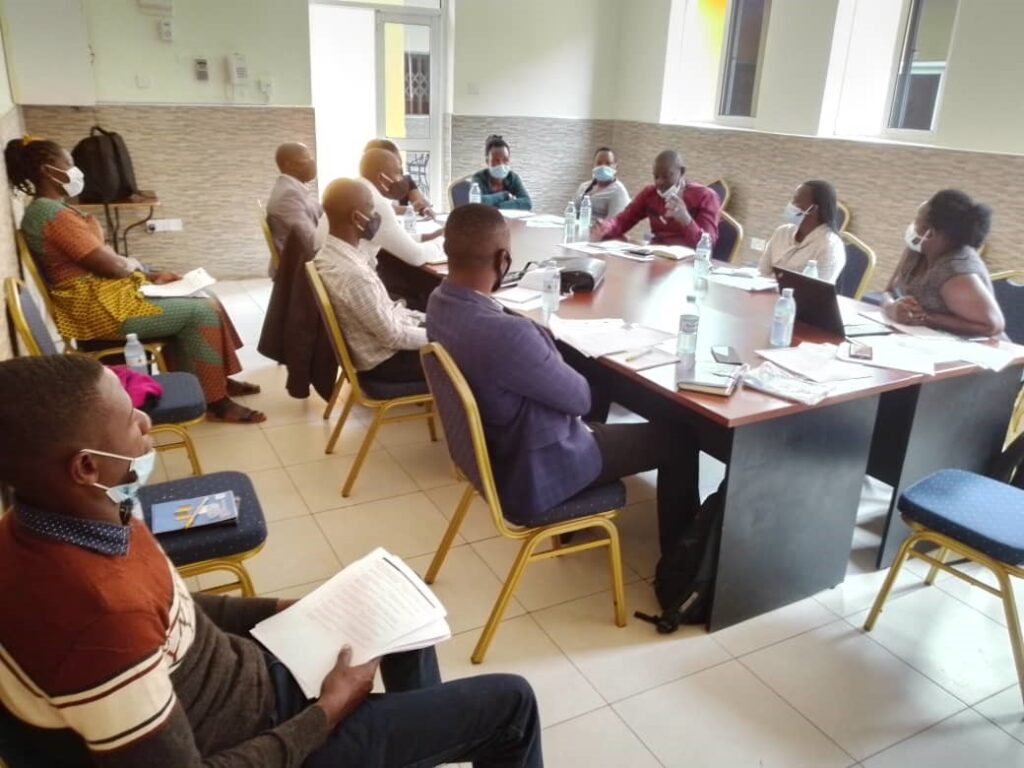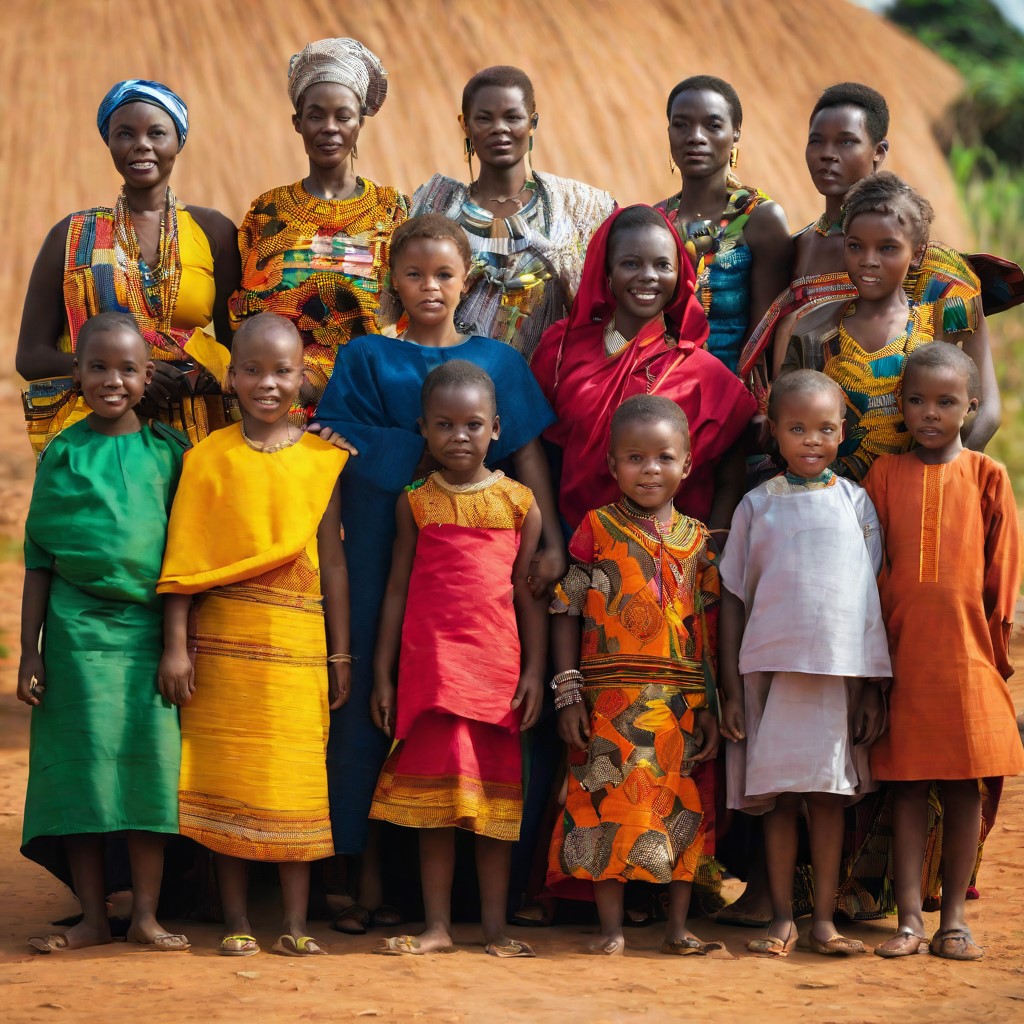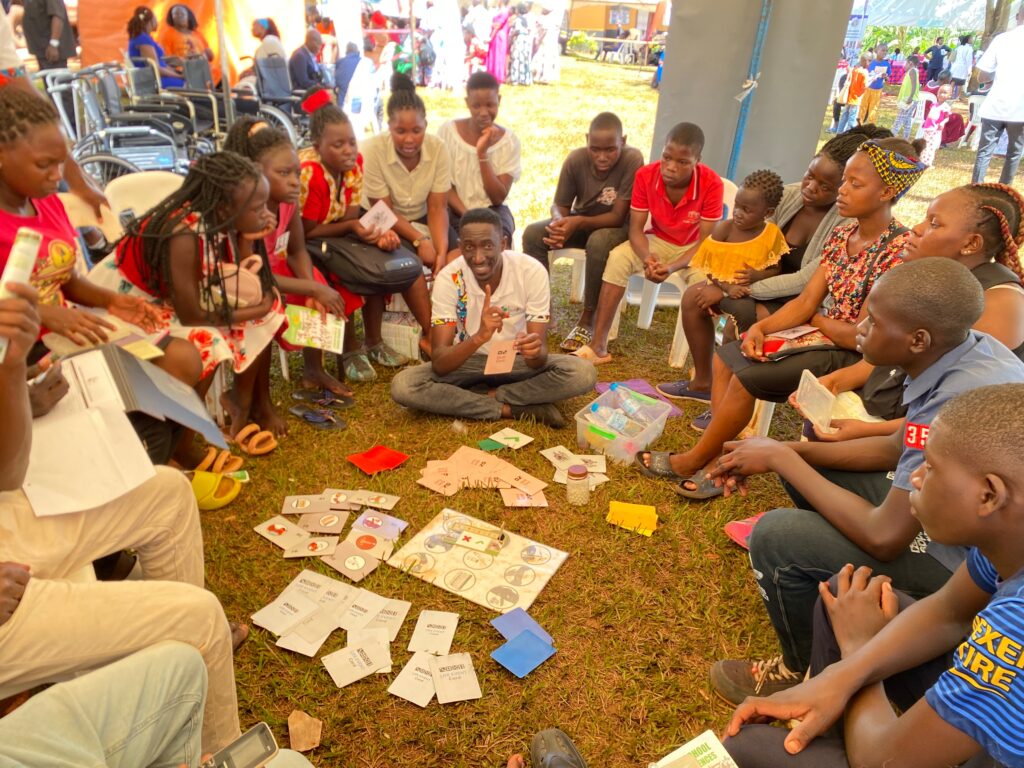Key Guiding Principles
We Adhere to Them in all our Operations
Adherence to National Health
Policies and Strategic Frameworks
FCC will adhere to the principle of one National strategic plan, one coordinating authority and one Monitoring and Evaluation framework.
In this regard, this strategy will only apply innovative approaches in line with the National policies and strategic frameworks already put in place by the relevant government sectors.


Nurturing and engaging
Strategic Partnerships
Nurturing and engaging strategic partnerships to achieve desired outcomes. FCC recognizes the value and strengths of partnering with local communities.
FCC acknowledges that the capacity and expertise to design, implement, and evaluate good programs lie at the local level.
As such, it will seek to build mutually beneficial relationships with all stakeholders in improving the health and life choice outcomes for vulnerable young people.
Partnering early and at all stages of the strategy increases local ownership and control, hence enhancing sustainability.
Embracing
Diversity
While culture, religion, ethnicity, and class set the context for shaping programs, FCC will only focus on these diversities as a resource for change.
In this regard, FCC will acknowledge, respect, and build on the cultural, religious, and ethnic diversity only as strategic inputs into the strategy and programs.
While sensitive to the cultural values of individuals and communities, FCC will be non-denominational and non-ethnic in the provision of services and personnel engagements.


Active Participation of
Young People
Active Participation of Young People in Influencing Change.
At all phases and stages of this strategy, FCC will promote active participation and involvement of young people in order to nurture sustainable programs and outcomes.
Empowering communities,
Social Structures and Institutions
Empowering existing community, social structures and institutions.
FCC cannot reach all young people with programs and interventions that address their needs through its own infrastructure.
In this regard, FCC will empower existing structures and institutions through enabling environments that promote positive change including deliberate capacity-building processes that involve local institutions, local leaders, community groups and families.

